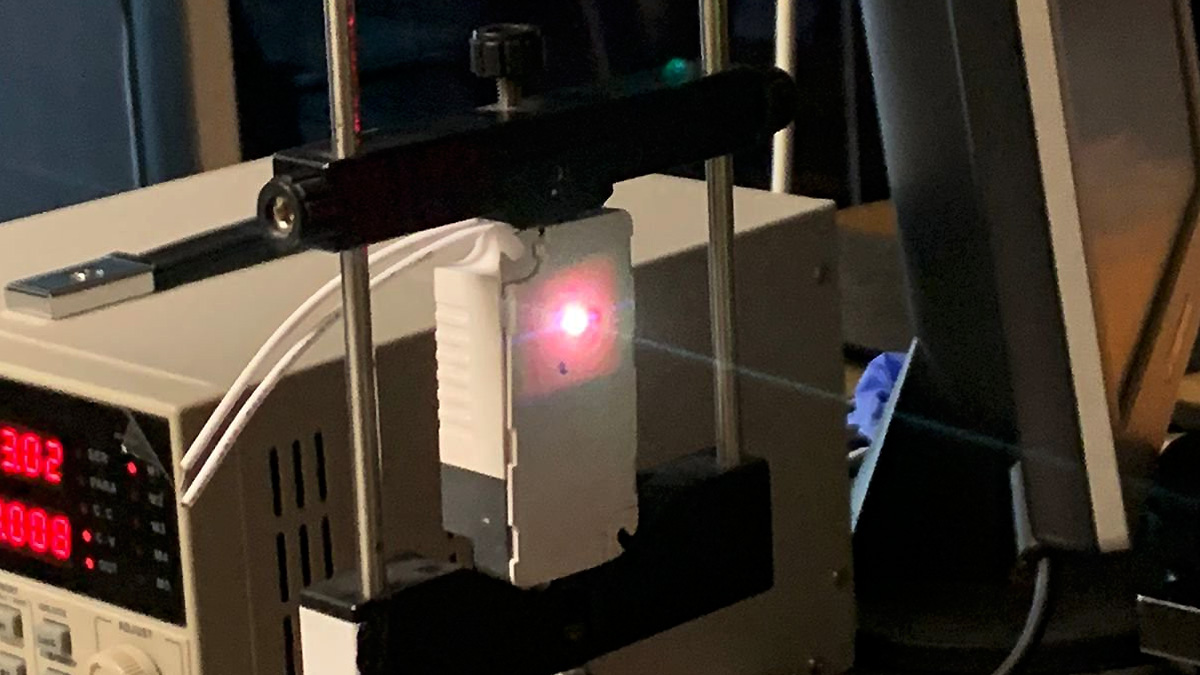
Explainer Briefly Slides In response to a surge in ‘digital arrest’ scams in India, Skype has introduced real-time alerts to warn users about impersonators posing as government and law enforcement officials. Triggered by specific keywords, these warnings, requested by the Government of India, aim to educate users about potential scams. One key alert states, “Indian legal authorities will NEVER contact you on Skype,” reported Business Today.
This initiative is part of Skype’s broader efforts to combat scammers who impersonate law enforcement to extort money under the guise of legal action. The platform has also added features to report suspicious messages, limit incoming calls to known contacts, and block unwanted accounts. These scams have become a growing threat in India, where fraudsters gather personal information and pose as officials from government agencies, sometimes using fake ID cards and uniforms.
The scammers typically inform their targets that they are involved in a legal case and pressure them to visit a police station or court. They then offer to make the case “disappear” for a fee. Many victims comply out of fear, not realising they have been scammed until it’s too late.
The Impact of Digital Arrest Scams MediaNama spoke with three victims of the ‘digital arrest’ scam to understand how features introduced by Skype could have an impact. The 28-year-old chef Raja, who works at a local restaurant in Bangalore, said that he lost Rs 8,000 of his life savings in one such digital arrest scam. The chef hailing from Uttar Pradesh sends Rs 15000 back home from his monthly earnings of Rs.
20,000 to support his family. “Losing Rs. 8,000 from my life savings of Rs.
30,000 left me deeply upset for days. It was hard to cope with,” said Raja. The chef was scammed after a call claimed he was involved in a “porn racket.
” The caller told him that “officials” from the Delhi Police would come to arrest him. Unaware that watching porn is not illegal in India, he panicked and followed the caller’s instructions, losing Rs. 8,000.
When asked about filing an FIR, Raja mentioned that police officers would not entertain complaints for “petty” amounts like Rs. 8,000. A retired municipality employee from Mumbai, Aparna , met a similar fate when she received a text message saying that she had won ‘Rewards’ from an SBI program.
The 62-year-old who lives alone gave out details after repeated approaches by the scammer. “I received a text message saying I had won ‘Rewards’ from an SBI program. I was asked to follow the link to claim the reward,” said Aparna.
When she clicked the link, she received a call asking for her OTP. “My iPhone flagged the link as ‘broken,’ but the caller kept sending me new links to register,” she said. Despite her reservations, Aparna gave out the OTP at one point.
“I grew suspicious right after and went to the bank to report the incident,” she added. However, the scammer had already changed her nominee details when she reached the bank. Fortunately, her bank acted quickly and managed to close the transaction before any money was deducted.
Kapil , a 27-year-old from Mumbai now based in Bangalore, received a call stating his parcel from Mumbai had been seized at the airport for carrying drugs. An individual, posing as a Narcotics Officer on Skype, demanded that he pay Rs. 50,000 to release a package containing 4 kg of cocaine.
However, Kapil remarked that, “Who would ask only Rs. 50,000 for 4 kg of cocaine? It is a bit low, isn’t it? The cost of such a large amount of illegal drugs would be much higher.” Many people, unlike Kapil, struggle to think quickly in such situations.
For example, Aparna knew well that OTPs should never be shared. However, the scams are crafted to intimidate, deceive or lure the victim into paying. In Raja’s and Kapil’s cases, the scammer exploited the threat of legal action to pressure them into making a payment.
Moreover, such scams often leave victims feeling violated and reluctant to trust legitimate authorities. Many victims like Raja face not only financial loss but also a loss of confidence in digital platforms. Government’s Efforts to Combat ‘Digital Arrests’ Scams Recently, the government deactivated approximately 6 lakh mobile numbers, to tackle ‘digital arrests’, reported The New Indian Express.
Along with the mobile numbers, the Indian Cyber Crime Coordination Centre (I4C) under the Ministry of Home Affairs (MHA) has blocked 709 mobile apps of various types. Additionally, 1,10,000 mobile handsets with specific IMEI numbers linked to cyber fraud have been blacklisted. Cybersecurity agencies have also frozen around 3.
25 lakh fraudulent bank accounts involved in cybercrime, officials added. Skype’s move follows Prime Minister Narendra Modi’s recent warnings about the growing issue of ‘Digital Arrest’ scam, urging citizens to be vigilant. PM Modi reminded the public that no government agency conducts investigations through such calls.
To combat this menace, he introduced the mantra ‘Ruko, Socho Aur Action Lo,’ encouraging citizens to report any suspicious activity to authorities. Union Home Minister Amit Shah tweeted that the government is “committed to building cyber-secure Bharat”. However, the government’s efforts to curb cybercrime raise questions: Read More:.














